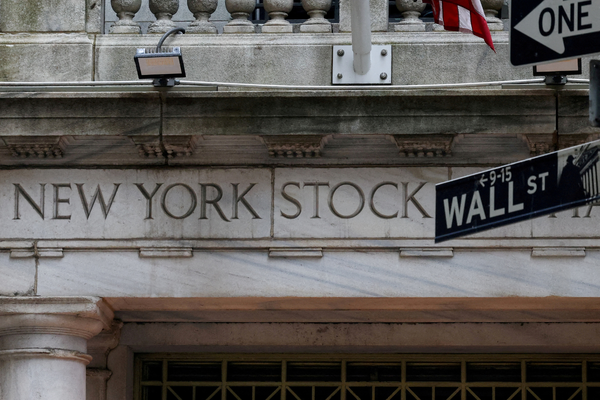Food service is fuelling a greener future
Sponsored by Olleco
Every week businesses that use oils to fry in generate millions of litres of used cooking oil. Much of this used to get poured into the drains, only to congeal and create “fatbergs” – but not anymore.
Innovations in technology, combined with a nationwide mindset shift around recycling, have given this product a vital second life – in our homes and workplaces, in our planes and on our roads.
Under mandates set by the government, all UK diesel now contains at least 7 per cent biodiesel, meaning that millions of cars are partly powered by the renewable fuel. Replacing fossil fuels with biofuels reduces the amount of carbon dioxide being added to the environment. And if the biodiesel is produced from waste oils and fats, this reduction is around twice that gained from biodiesel made from crop oils such as rapeseed oil.
As a result, waste-based biodiesel has become a critical component in meeting environmental targets. Used cooking oil, once a waste that was thrown away, now plays a central role in the green energy transition and is recognised in law. Under the Renewable Transport Fuel Obligation, UK forecourts are required to meet an annual obligation for the supply of sustainable fuel – a large proportion of this is biodiesel made from used cooking oil.
Helping businesses manage their waste efficiently
But doesn’t the process of recycling used oil place an extra burden on already busy businesses? After all, it’s been shown that, while a majority of consumers support actions such as recycling, they are less likely to adopt these practices if it means making significant changes to their daily routines.
Restaurants, for example, might be happy to place all their reusable waste into containers, but at the end of a busy shift, who would want to drive them to a recycling plant?
Olleco has overcome this gap by providing a full-spectrum oil collection and processing service, as well as one for food waste. It has developed an app that enables, for example, a foodservice business to easily check when their oil will be collected – and if they wish, for a delivery of fresh oil to be made.
This means that, instead of dropping the fryer and finding a way of transporting the used oil to a local recycling plant, all they need to do is tap a few buttons and the entire process is taken care of. This not only saves time and energy, but carbon – after all, it’s all managed by one person driving one Olleco vehicle.
“The foodservice industry deserves to not have to sacrifice efficiency and ease while striving to be as sustainable as possible,” says Adam Baisley, Chief Commercial Officer at Olleco.
“Olleco recently commissioned independent surveys of our customers, and one of our highest scores was in regard to how easy it is to get in touch with us. Being able to pick up the phone, send an email, jump on the app or even talk to a local driver should be as easy as possible.
There should be no barriers for businesses to get the sustainability advice they need to effectively manage their waste streams and become part of the circular economy.”
A healthier life cycle
Unlike other businesses operating in this space, Olleco has depots across the country, and covers regions from northern Scotland down to Cornwall, and everywhere in between.
It’s the only food and used cooking oil recycling company able to offer a national service, and boasts an array of awards, including a Green Apple award in partnership with the National Trust, that recognise its transformative work. In 2024, it became the first circular economy company to receive the Institute of Customer Service’s ServiceMark accreditation.
And once Olleco has collected used cooking oil from businesses across the country, it converts it into biodiesel at its state-of-the art plant in Liverpool which then ends up back in the UK as a transport fuel, completing the circular economy.
“Olleco has been developing its circular economy for nearly 20 years, bringing some of the nation’s biggest household names into our award-winning closed loop and helping them make the most of their resources,” says Rachel Hughes, Head of Sales Support and Customer Experience.
The company also has processing plants in strategic areas of the UK that do the work of turning food waste into biogas for the national grid, as well as into biofertiliser – known as anaerobic digestion. This can be used on farmland to grow crops without chemical fertilisers.
The process says a lot about the guiding ethos of Olleco, which sees great value in what many people would consider to be “waste”.
From kitchen leftovers to clean energy, the journey of used cooking oil is no longer a story about waste. It’s about innovation, efficiency and a circular economy that benefits businesses, communities and the planet.
For more information, visit olleco.co.uk

Business Reporter Team
Most Viewed
Winston House, 3rd Floor, Units 306-309, 2-4 Dollis Park, London, N3 1HF
23-29 Hendon Lane, London, N3 1RT
020 8349 4363
© 2025, Lyonsdown Limited. Business Reporter® is a registered trademark of Lyonsdown Ltd. VAT registration number: 830519543





